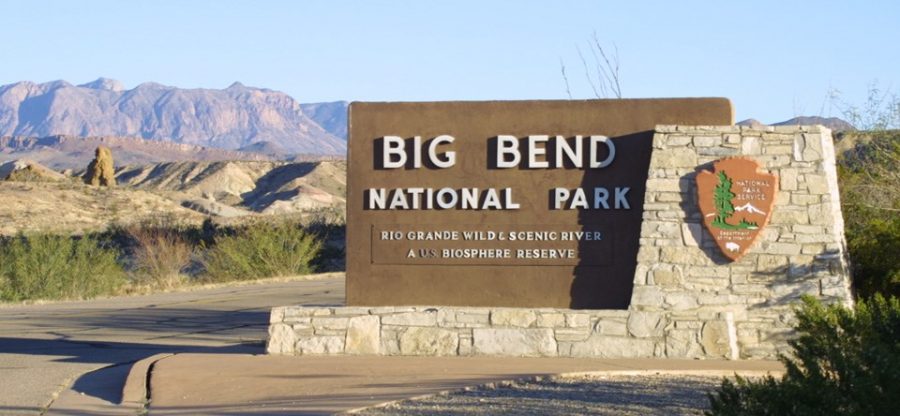Parks Across the Country Close Due to the Pandemic
National Park Service
Big Bend National Park, located in southwest Texas, is one of the many parks that are closing due to the COVID-19 pandemic. Big Bend is offering a webcam that will provide a virtual park experience to viewers. Photo courtesy of the National Park Service.
April 14, 2020
In response to the COVID-19 pandemic, many parks across the US have closed. Concerns regarding social distancing are the main reason behind this, as parks could potentially become hot spots for the restless, untested public.
National parks are especially wary about this, because of their large size and popularity among tourists. Yosemite National Park announced that it would be accepting no visitors from March 20 onward, with no definite reopening date. Yellowstone and Grand Teton soon followed, completely closing off the parks on March 24. Yellowstone will likely not open until May or later, according to a park official, potentially disrupting its most profitable summer season.
The Grand Canyon tentatively kept their gates open while limiting access to certain parts of the park, but ultimately decided to close altogether on April 1. Texas’s Big Bend closed two days later on April 3 because of similar health and safety concerns. Many parks have reported particularly active wildlife in the absence of humans, with animals roaming free and populations multiplying.
As for Texas, Governor Greg Abbott ordered that all state parks and historical sites close by April 7. This was done before the Easter holiday due to fears of mass gatherings. The parks will reopen under the directive of the governor, but it is uncertain when this will be.
“The temporary closure of our state parks and historic sites will help us [social distance] by preventing the gathering of large groups of people,” Mr. Abbott said, at a press release on April 7. “I urge all Texans to continue to stay at home except for essential services.”
Local parks in Austin closed completely through Easter weekend for the same reasons, but reopened on Monday, April 13. The Austin Parks and Recreation Department is limiting parking spaces in some locations to prevent clustering.
“We’re going to try to keep the parks open,” Austin Mayor Steve Adler said. “But we really do need the community to recognize that, in keeping them open, we have to be just doubly, doubly diligent that we’re not letting people congregate.”
As social distancing stretches on, many citizens are turning to parks for a breath of fresh air. Regardless of official closures, unnecessary trips outside are heavily discouraged and precautions such as hand sanitizer and masks must be taken in order to stop the spread of the virus. More information about park closures can be found at the official websites for national parks, Texas state parks, and the City of Austin. Livestreams of the parks are also available as safe alternatives to actual visits.



